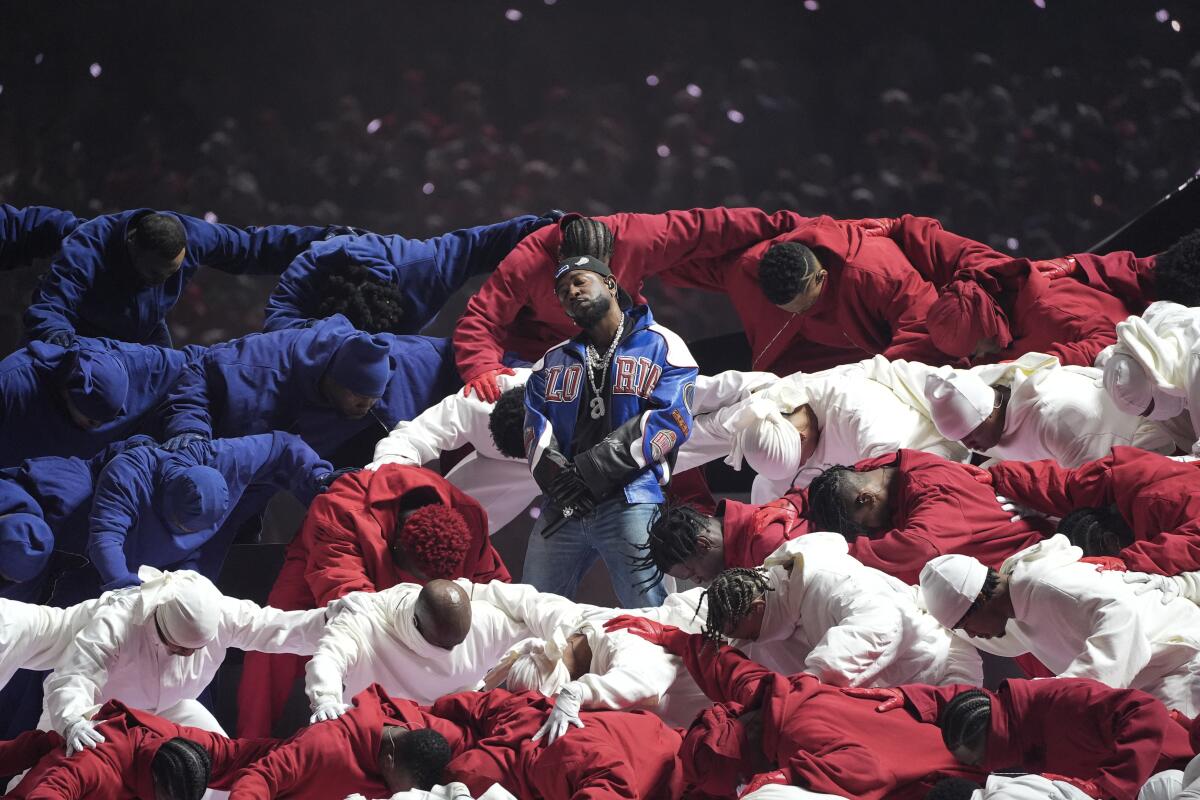The entire school year seems to span only its final two weeks. As May draws to a close, the growing anticipation of summer breezes through the upper school, drawing a smile from faculty, students, and staff alike. Simultaneously, however, the looming threat of finals casts a shadow over much of the student body. Amidst the tears shed at midnight over novel-long papers and forgotten notes from September, sunny days and ocean spray seem further away than ever. Although any manner of assignment is agonizing, the question of whether a final exam or project is preferable endures. Determining the lesser of these two evils is a welcome distraction from the workload, and a constant source of debate as their ratio differs amongst students.
A major discrepancy to consider is the freedom each medium provides. Exams possess no capacity for creativity, their Q/A format requiring constant repetition to achieve proficiency. The study guides distributed prior clearly outline the expectations of what a student must know. An exam does not typically stray from these limited topics, save for the occasional extra credit question, if at all. This formulaic approach may seem comforting and clear to some students, while boring others. Final projects, however, often present merely a prompt and medium. Students may select from a variety of topics that fit within that broad constraint, so long as they can imagine it, and mold the assignment to their passions. This freedom of both subject and approach yields a far more intriguing and personal, albeit daunting, task. The disparity between each format’s capacity for creativity and personal choice is certainly a factor in determining which works best.
Another key difference to consider is relation to a year’s material. Final exams are cumulative, requiring knowledge from the semester’s content, or even that of the entire school year. That range of content is helpful if one has performed well on assessments throughout the year, and retains some semblance of that skill. However, if a certain unit incurred struggle, or has slipped the mind after months out of focus, the sheer volume of the content may prove intimidating. Those feelings only worsen if a course is cumulative, units building upon one another. Closing projects, on the contrary, often allow exploration of an entirely undiscussed subject, or merely a few from the term. Absence of the burden that is recalling material from the fall can be comforting. However, learning a new topic from scratch, or delving deeper into another, without the guidance of a teacher can be overwhelming. Thus, the degree of relation between a final assessment format and a year’s content is critical to consider when determining what serves one best.
One aspect of both final formats is contentious, the victor variable according to each student. The amount of time an assessment demands, especially when it is but one amongst many, is critical to its relative burden. Exams require less of a commitment in theory. Final tests run about two hours for most students at Agnes Irwin, and many finish before their allotted time concludes. Projects, conversely, require hours of dedication both in and outside the classroom. Furthermore, many could only dream of submitting before 11:59 on the dot. However, exams often require additional hours of intense review, which can be just as taxing as writing and research. Ultimately, the amount of time each final format demands depends upon a students’ particular skill set.
Final exams and projects both possess their own strengths and weaknesses, the significance of which hinges upon individual capacity. Tests provide less opportunity for creativity and freedom of focus. However, projects are often less connected to a year’s content. Both require different time commitments depending upon individual skill set and circumstance. Thus, the question of which format is better remains unsolved, a mystery that many look forward to forgetting once summer arrives, only for it to loom again come next May.








